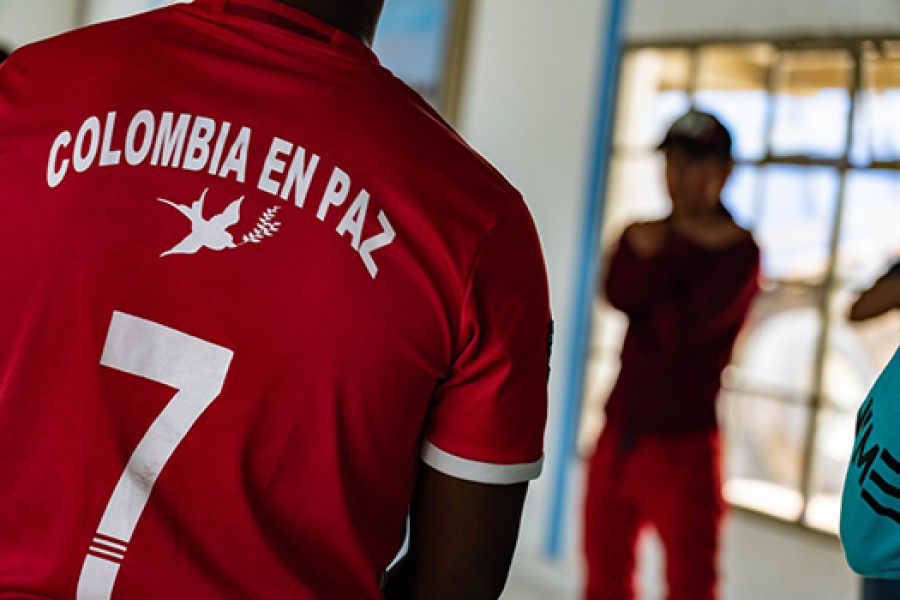Transitional justice has always included prevention among its primary goals. In Argentina, for instance, the notion of “Never Again” was integral to the work of the National Commission on the Disappeared. At a broader level, in the 1990s and 2000s, the UN Principles to Combat Impunity called for societies in transition to take specific steps to guarantee the nonrecurrence of gross human rights violations. Moreover, the various elements of justice such as truth, accountability, redress, and reform are fundamentally understood to help societies avoid the repetition of past wrongs.
Today, prevention is a top priority on the global policy agenda, including among actors such as the United Nations and within frameworks such as the Sustainable Development Goals and the UN’s Common Agenda. This agenda has repeatedly recognized the preventive value of transitional justice in addressing common drivers of violations and violence such as exclusion, fragility, and inequality. In 2004, for example, the UN Secretary-General’s report on transitional justice and the rule of law stated emphatically that in regard to peace and stability, “prevention is the first imperative of justice.” In 2016, the Security Council and General Assembly repeated this message in twin resolutions on sustaining peace.
ICTJ’s Role
ICTJ emphasizes transitional justice’s preventive capacity in its programmatic, policy, and research work. We promote a broad understanding of justice that addresses not only the consequences of rights violations but their causes as well, in order to break cycles of impunity and violence. This means focusing on violations of not only civil and political rights but also economic, social, and cultural rights, as well as structural injustices such as marginalization and inequality. Furthermore, ICTJ operates based on an expansive notion of guaranteeing nonrecurrence, one that is not limited to a particular set of institutional reforms but is rather determined according to the needs of each society.
Research conducted by ICTJ supports this approach to prevention. Our comparative studies of vetting processes, education reform, and forced displacement have highlighted the wide-ranging ways in which transitional justice can advance prevention, while our more country-specific examinations of topics such as police reform have explored the challenges to ensuring nonrecurrence. A major 2021 research initiative involving case studies of Colombia, Morocco, Peru, the Philippines, and Sierra Leone demonstrated that transitional justice can contribute to prevention by fostering inclusion and catalyzing long-term reform, concluding that it should be an integral element of conflict prevention, peacebuilding, and sustainable development.
ICTJ prioritizes prevention in its engagement with the policymakers and practitioners through civil society networks, policy discussion forums, and intensive courses. This includes our active membership in the European Peacebuilding Liaison Office and the Human Rights and Democracy Network, thematic networks focusing on European Union policies, and in the European Union Facility on Justice in Conflict and Transition, as well as our annual courses taught by ICTJ experts and guest lecturers that frequently focus on prevention.
